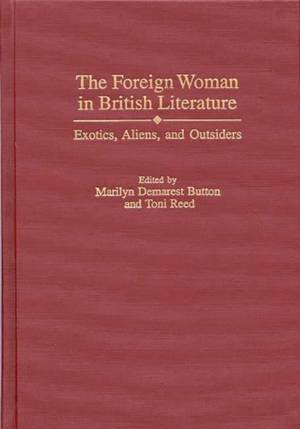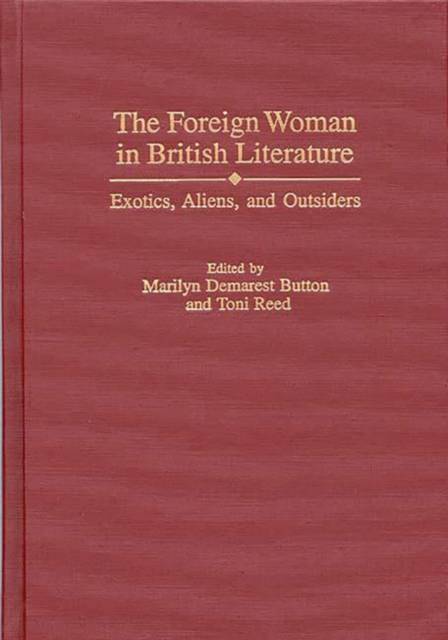
- Retrait gratuit dans votre magasin Club
- 7.000.000 titres dans notre catalogue
- Payer en toute sécurité
- Toujours un magasin près de chez vous
- Retrait gratuit dans votre magasin Club
- 7.000.0000 titres dans notre catalogue
- Payer en toute sécurité
- Toujours un magasin près de chez vous
Description
While England has been strengthened by a proud isolationism, she has simultaneously been enriched by the economic, social, and political complexities that have emerged as people of different ethnic and cultural backgrounds have moved within her borders, or when her own citizens have emigrated among those foreigners to live or rule. This book explores the foreign element in English culture and the attempt by English writers from the early 19th to the mid 20th century to portray their complex and often ambiguous responses to that doubly foreign element among them: the foreign woman. While being foreign may begin with national or ethnic difference, the contributors to this book expand it to include other forms of alienation from a dominant culture, resulting from gender, race, class, ideology, or temperament.
The many factors shaping English national identity--including British imperialism, immigration patterns, English family and social structures, and English common law--have been shaped by gender-related issues. Though not a prominent literary figure, the foreign woman in England has received increasingly critical attention in recent years as a psychological and sociological phenomenon. By beginning with Byron in the early 19th century and concluding with Lawrence Durrell in the 20th century, this study contributes to a more comprehensive vision of the foreign woman as she is portrayed by a number of British authors, including Shelley, Wordsworth, Charlotte Bronté, Elizabeth Barrett Browning, Wilkie Collins, George Eliot, Joseph Conrad, D. H. Lawrence, and Anita Brookner.Spécifications
Parties prenantes
- Auteur(s) :
- Editeur:
Contenu
- Nombre de pages :
- 224
- Langue:
- Anglais
- Collection :
- Tome:
- n° 171
Caractéristiques
- EAN:
- 9780313309281
- Date de parution :
- 30-11-99
- Format:
- Livre relié
- Format numérique:
- Genaaid
- Dimensions :
- 157 mm x 237 mm
- Poids :
- 453 g

Les avis
Nous publions uniquement les avis qui respectent les conditions requises. Consultez nos conditions pour les avis.






